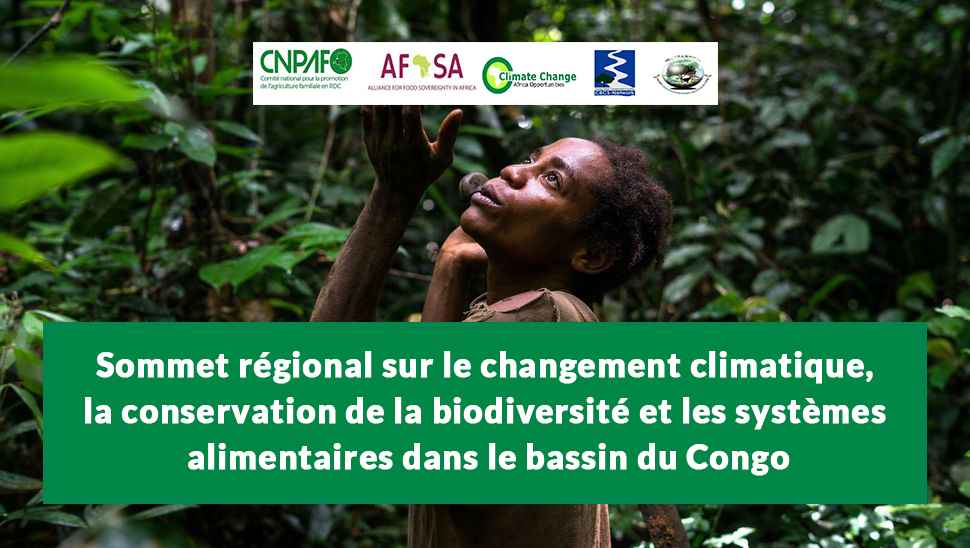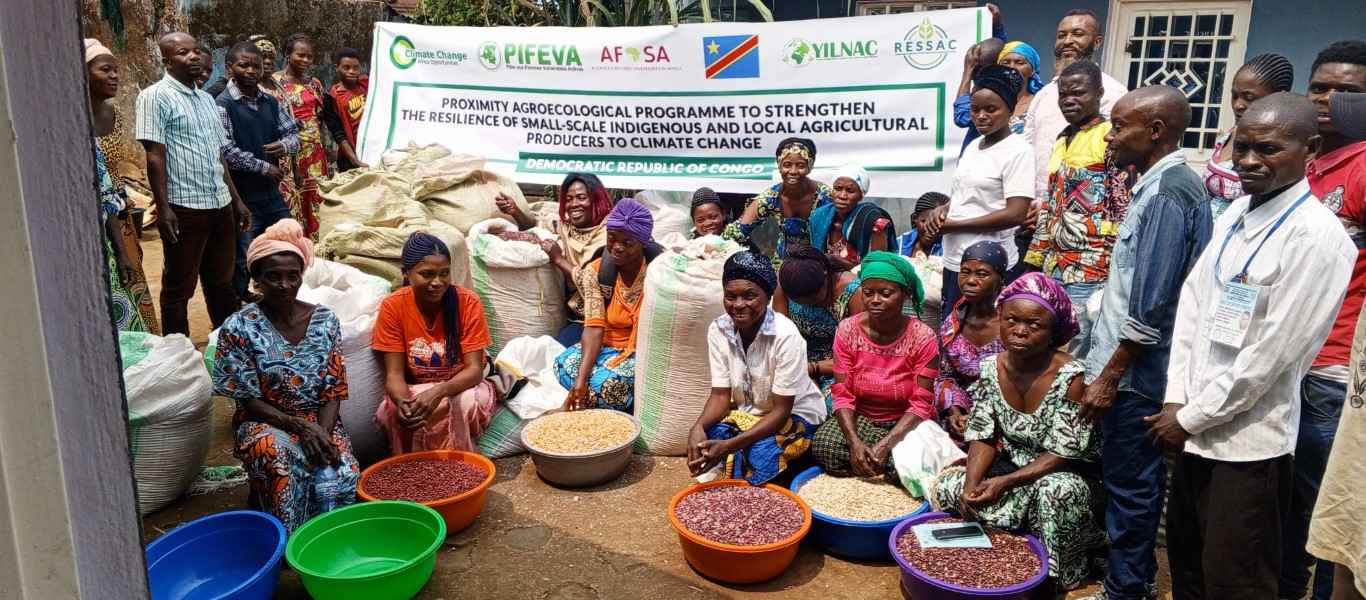Innovate for sustainable and resilient agriculture that ensures food security and sovereignty, including the socio-economic and cultural development of agricultural producers and local communities in the context of climate change in the Democratic Republic of Congo.
Promote through innovation, the emergence and development of family farms and peasant and agro-ecological agriculture of agricultural producers while controlling the policies related to the liberalization of the economies of the sustainable agricultural sector and the nationalization and regionalization of trade in the context of climate change in the Democratic Republic of Congo and its neighboring countries in Africa
Integrate, value and support innovation (technological and indigenous) to improve existing agricultural approaches and practices as well as new ways of growing and using food to achieve sustainable food systems and ensure sustainability term while reducing the negative environmental impacts of production in order to adapt to climate change and mitigate greenhouse gas (GHG) emissions in the Democratic Republic of Congo
The Network for Food Security and Sovereignty in DR Congo - RESSAC is an innovative initiative set up by peasant organizations and indigenous and local agricultural producers in the Democratic Republic of Congo. At its creation, it brought together 14 founding member organizations and currently has 342 peasant organizations and agricultural producer organizations grouped and supported in 17 provincial coordinations (South Kivu, North Kivu, Maniema, Sankuru, Kasai, Tanganyika, Haut Katanga, Lualaba, Ituri, Tshopo, Tshuapa, Equateur, Maindombe, Kwilu, Kwango, Central Congo and Kinshasa). Since its creation in June 2018, in Bukavu, RESSAC has professionalized itself and distinguished itself as a tool for the defense and promotion of family and agro-ecological farms which constitute the main production system in the Democratic Republic of Congo and in the neighboring countries in Africa.
Learn more

The programmatic axes of RESSAC are:

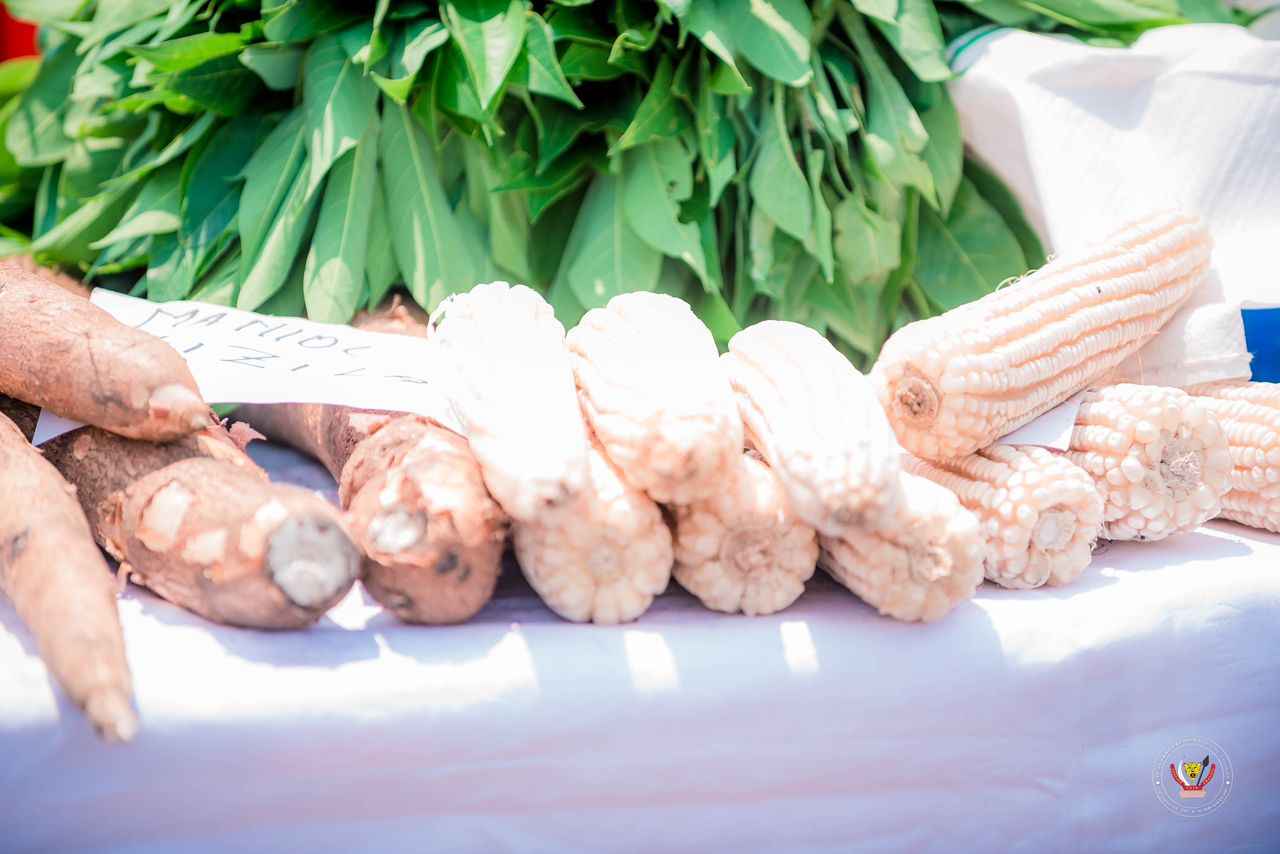


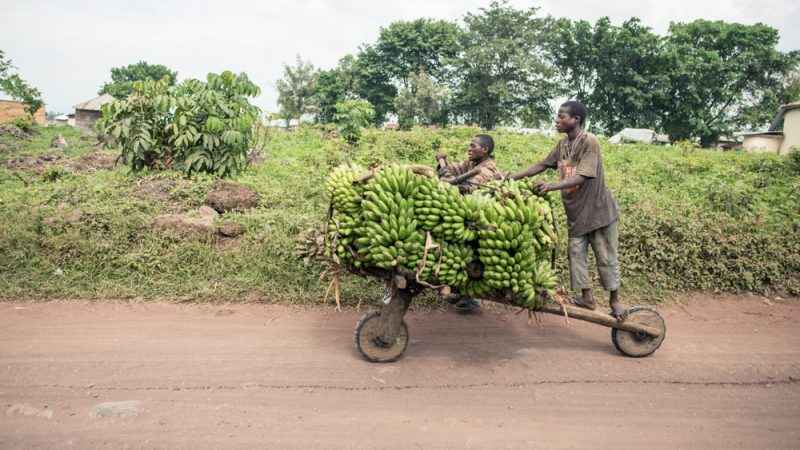
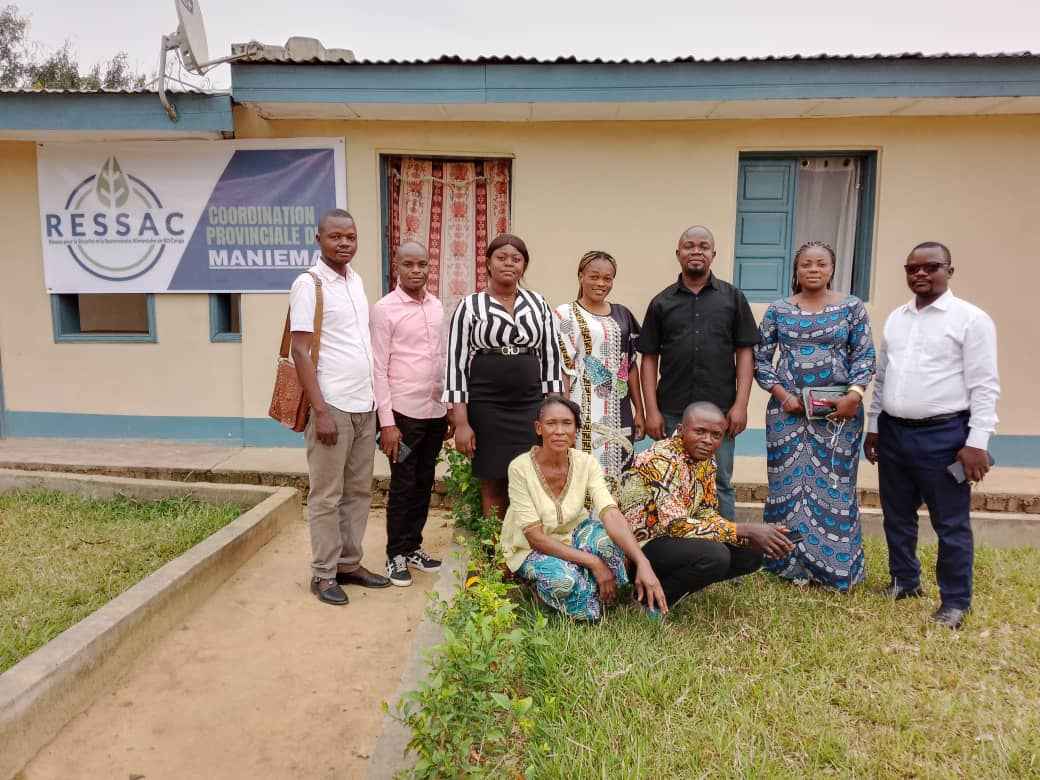
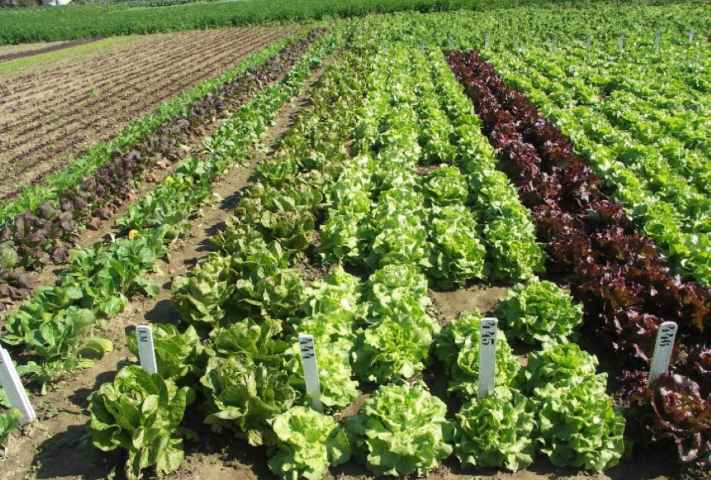

Provinces covered in the DRC
Member farmer organizations
Farmers supported
Women farmers supported
Young farmers supported
Indigenous farmers supported
Agricultural jobs created
Beneficiary Households

